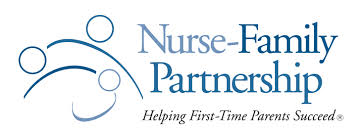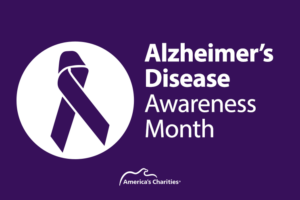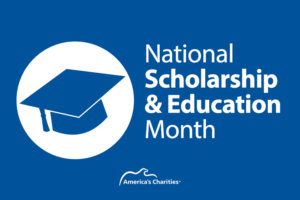Sarah Ford | January 20, 2015
Nurse-Family Partnership Listed Among ‘Social Programs That Work’
WASHINGTON — HARDLY anyone knows it, but since its earliest days the Obama administration has been pursuing the most important initiative in the history of federal attempts to use evidence to improve social programs.
Despite decades of efforts and trillions of dollars in spending, rigorous evaluations typically find that around 75 percent of programs or practices that are intended to help people do better at school or at work have little or no effect. Studies of the early childhood education program Head Start and the substance-abuse prevention program D.A.R.E. show that even when there are benefits, they are often modest and not enduring.
As a policy analyst who helped House Republicans design the 1996 welfare overhaul and who later advised President George W. Bush on social policy, I am committed to the principle that the government should fund only social welfare programs that work. That’s why it’s imperative that the new Congress reject efforts by some Republicans to cut the Obama administration’s evidence-based programs. Especially in a time of austerity, policy makers must know which programs work, and which don’t.
A growing body of evidence shows that a few model social programs — home visits to vulnerable families, K-12 education, pregnancy prevention, community college and employment training — produce solid impacts that can last for many years. Here are some examples.
At 24 mostly rural locations in Florida, Wyman’s Teen Outreach Program works with 6,000 ninth graders a year to promote healthy behaviors, life skills and a sense of purpose. Evaluations of the program, which is based on a nine-month curriculum, show that it helped reduce teen pregnancies and lowered the risk of school suspension and dropout.
At 160 elementary schools in low-income communities in California, Colorado, Maryland, New York, Oklahoma, South Carolina, Texas, Washington and the District of Columbia, a program called Reading Partners pairs volunteer tutors with children for twice-weekly 45-minute sessions. An evaluation of the program in 19 schools across three states by the research firm M.D.R.C. found substantial improvements in reading skills.
In Lancaster County, Pa., the Nurse-Family Partnership serves 175 low-income, first-time moms. Nurses start visiting the mothers before birth and continue, with diminishing frequency, until the child is 2. The nurses are trained to form a close relationship with the mother and advise her on prenatal health and child-rearing issues — including smoking and drinking during pregnancy and planning future pregnancies — and on life skills. Typically, 20 to 30 visits are involved. Three randomized controlled trials have shown that the program has major impacts that last at least until the child is 15. The mothers who participated were less likely to abuse or neglect their kids, and more likely to be working, and their kids were more likely to be healthy and ready for school.

Get Resources and Insights Straight To Your Inbox
Explore More Articles
Open Position: Customer Service Coordinator (Remote-Part Time)
Position Title: Customer Service Coordinator (Remote – Part Time) Department: Charitable Funds Management Solutions We are a non-profit charitable organization looking for skilled individuals who…
Read ArticleGet Resources and Insights Straight To Your Inbox
Receive our monthly/bi-monthly newsletter filled with information about causes, nonprofit impact, and topics important for corporate social responsibility and employee engagement professionals, including disaster response, workplace giving, matching gifts, employee assistance funds, volunteering, scholarship award program management, grantmaking, and other philanthropic initiatives.




